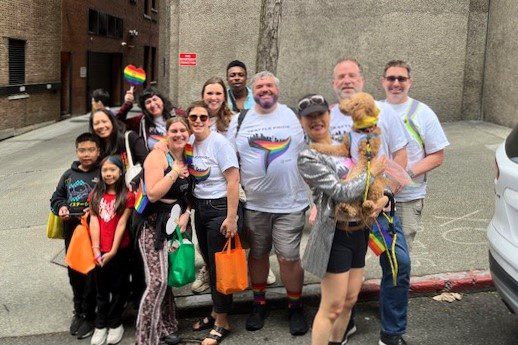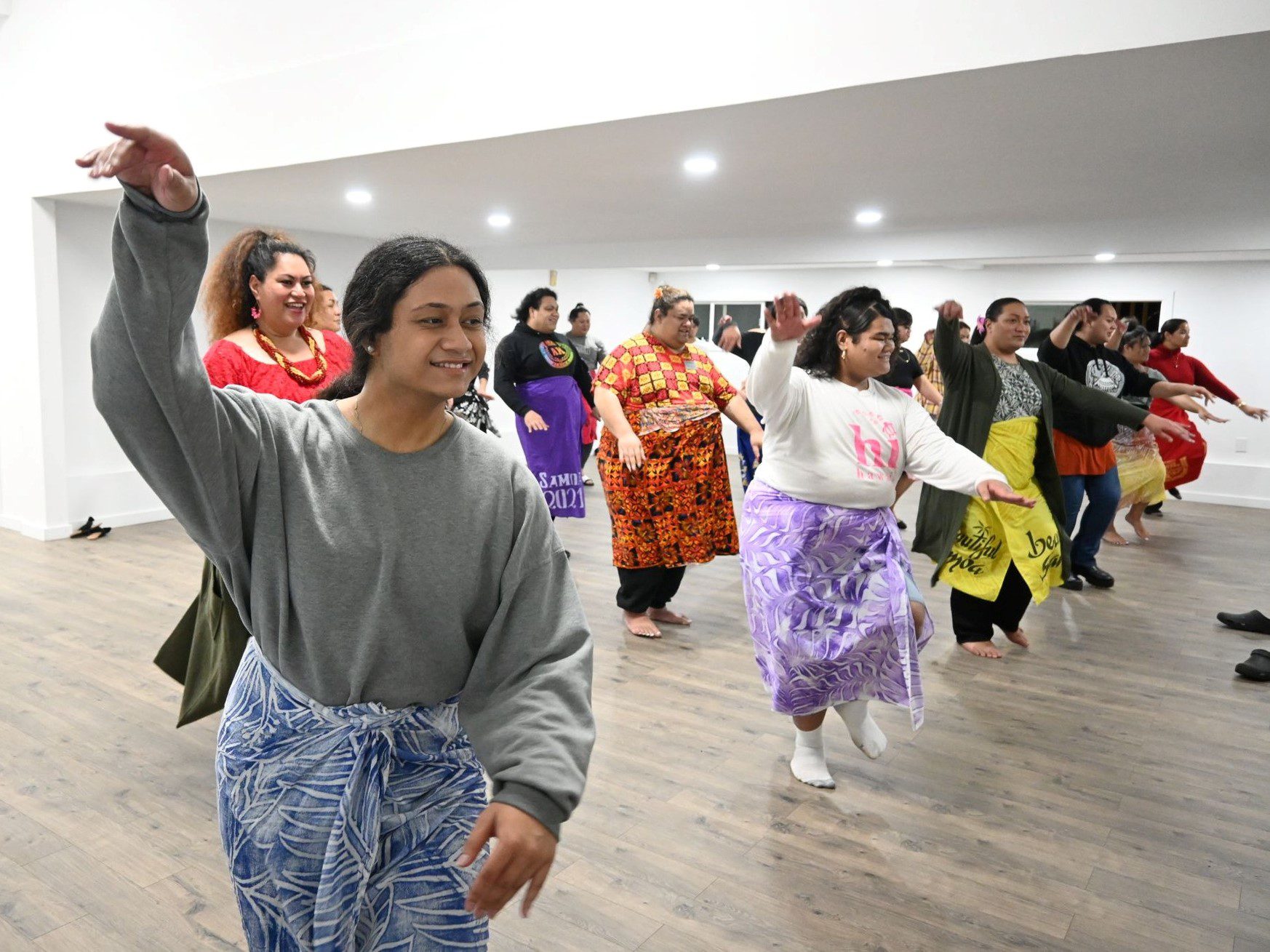Standing in Solidarity with Our LGBTQ+ Community
Seattle Human Services Department | March 17, 2025
According to the National Coalition for LGBTQ Health, individuals in this community are more likely than the general population to report having poor mental and physical health. They may experience a greater risk of infections, chronic fatigue, and arthritis. A barrier to quality care is the fear of discrimination that can keep many from seeking medical attention—especially communities of color and immigrants without documentation or insurance.
This year’s National LGBTQ Health Awareness Week, running from March 17-21, 2025, carries the theme “Health Equity Now!” calling on advocates, providers, and allies to break down barriers and ensure access to quality health care for all.
King County Health Disparities and Challenges
Locally, the 2024/2025 King County Community Health Needs Assessment reports:
- Lesbian, Gay, and Bisexual (LGB) adults are more than twice as likely as heterosexual adults to experience frequent mental distress. Among transgender adults, the likelihood is more than three times higher than adults whose gender identity matches their sex at birth (cisgender).
- Over the past decade, mental distress among LGB adults rose from 21% (2014–2016) to 32% (2019–2021).
- Cost is a major obstacle: LGB adults face more unmet medical needs due to financial barriers than heterosexual adults. Transgender adults are over 2.5 times more likely to report such challenges than cisgender adults.
- LGBTQ+ youth face high rates of depression, with transgender and gender questioning students reporting nearly double the average depression rates in King County. Substance use, including marijuana, is higher among transgender youth than the county average.
Seattle is home to one of the largest LGBTQ+ communities in the U.S. According to the U.S. Census Bureau’s Household Pulse Survey (July 2021 and May 2023), about 516,000 (17%) adults identify as LGBTQ+ in the Seattle Metropolitan Service Area.
Advancing LGBTQ+ Health Protections
Seattle Mayor Bruce Harrell introduced legislation to strengthen local protections for gender-affirming and reproductive health services, this month. “We are proud of Seattle’s reputation as a welcoming and inclusive city for the LGBTQ+ community and recognize their immeasurable contributions to the vibrancy and culture of our city,” said Mayor Harrell. “This legislation is a tangible step to strengthen local protections and stand with our LGBTQ+ community…”

Seattle Human Services Department (HSD) Director Tanya Kim echoed this sentiment, “At HSD, we will continue to invest in programs that uplift and support the LGBTQ+ community, funding services that save lives, create belonging, and ensure that everyone feels seen, heard, and valued. That is what #OneSeattle looks like in action.”
HSD Investments in LGBTQ+ Programs and Services
HSD currently invests over $1 million annually in programs focused on LGBTQ+ health and wellbeing. Here are some examples.
Seattle’s LGBTQ+ Center operates a Resource and Referral Line—available online, by phone, and in-person—connecting LGBTQ+ individuals facing various challenges with community resources.
Lambert House drop-in center offers programs for at-risk LGBTQ+ youth that include job skills training, discussion groups, and safe spaces. Programs address the common challenges LGBTQ+ youth face, such as family conflict, bullying, and substance use.

UTOPIA Washington’s Rooted in Culture program empowers Queer and Trans Pacific Islanders by celebrating their cultural heritage. This program celebrates and affirms their identities through storytelling, arts, and Samoan language lessons and works to promote communities of care and safety.
Learn more about UTOPIA and how they have witnessed the growth of community connectionby the simple act of bringing people together to dance, sing, and practice cultural handicrafts.
GenPride promotes and develops innovative programs that honor the lives of older members of the LGBTQ+ community. Pride Place, a new income-controlled apartment building on Capitol Hill for older adults, features a community center serving Pride Place residents and older adults throughout King County with a cultural focus on LGBTQ+ elders.

Read what GenPride had to say about the impact an HSD-funded program had on their client, SD. For SD, and so many others served by these City-funded programs, access to services and community remind them that they belong and are not alone.